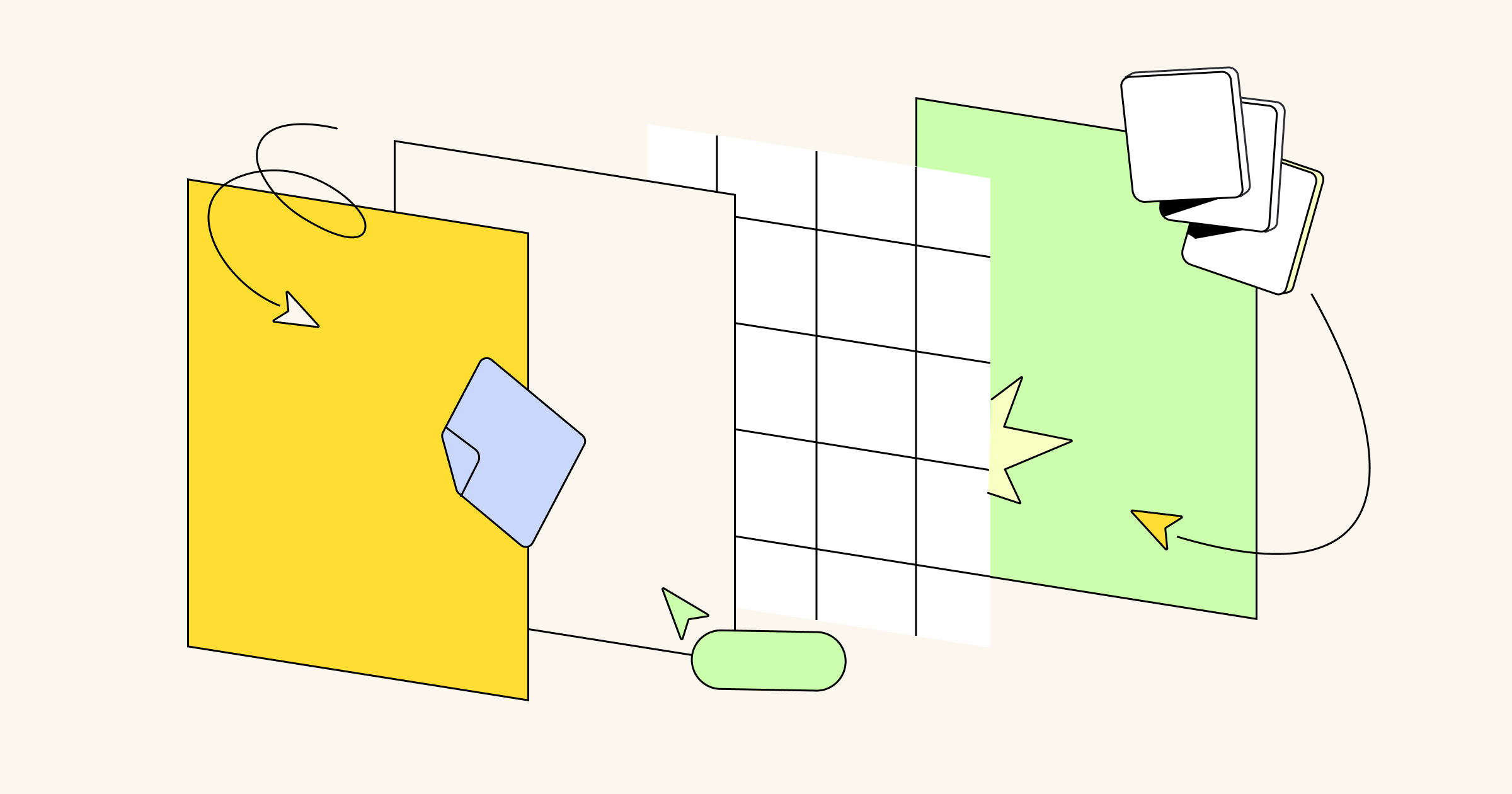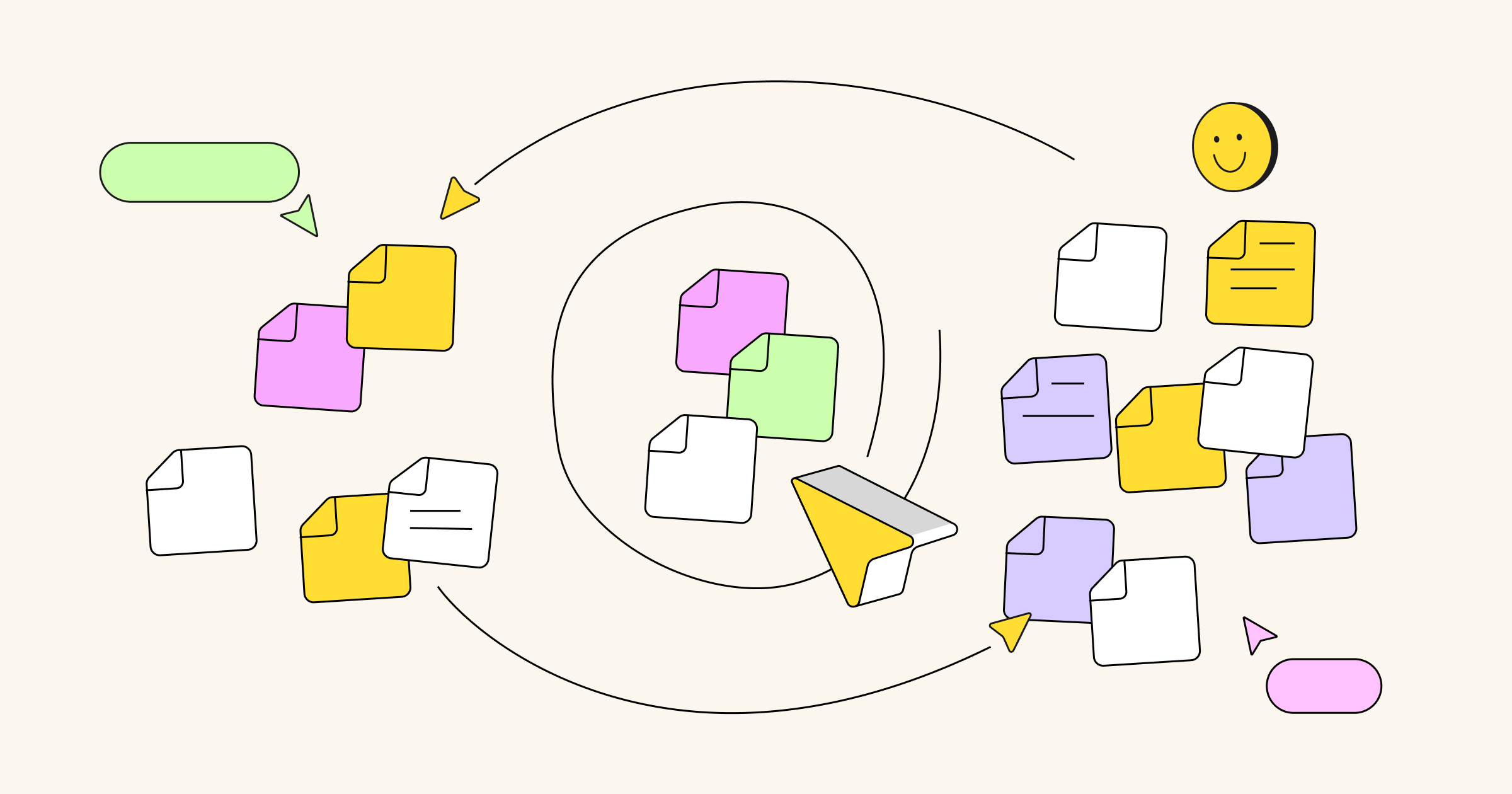Change is the only constant in life, as the saying goes, and this rings truer than ever for today’s knowledge workers. We live in a time of sweeping shifts, from the promises and pitfalls of artificial intelligence (AI) to tech sector job cuts and learning to navigate new ways of working.
It seems only natural then, that people might feel the need to upskill in the face of certain uncertainty. We surveyed 669 full-time, US-based knowledge workers to gain insights into what skills they think are most relevant for the current moment and the future of work. We found the overwhelming majority (97%) agree that learning a new skill can help them “recession-proof” their jobs — and 89% plan to do so this year.
But perspectives on which skills to prioritize are decidedly more split, whether in terms of differences across generational groups or the types of skills that are top of mind (or currently on the back burner) overall. A closer look reveals new insights into how today’s workers approach upskilling in this unique moment — and highlights critical soft skills that deserve greater attention.
The future of work depends on soft skills – especially these
Technical skills, such as project management or knowledge of specific tools, have long been table stakes when assessing a person’s work readiness. These do not tell the full story, however, and soft skills like communication, organization, and time management are often just as important.
While harder to measure, soft skills can separate an okay team member from an outstanding one. Moreover, these skills make us uniquely human — an increasingly valuable trait as more businesses turn toward AI.
But which soft skills do knowledge workers rank as most important? Interestingly, their answers vary when asked to choose for themselves compared to their team or manager.
In regard to their own current roles, knowledge workers say the three most important soft skills they need are:
- Problem solving (36%)
- Leadership (30%)
- Communication (28%)
They identify different priority areas for their teams and managers, however. Knowledge workers cite time management (26%) as the top soft skill for teams, followed by communication (25%) and teamwork (23%). For managers, communication (28%) holds the top spot, trailed closely by leadership (27%) and a three-way tie (21%) between organization, active listening, and time management.
Communication was the only soft skill to rank in the top three across the board, highlighting its central role in our experiences at work across all levels.
But do knowledge workers even see collaboration as a skill?
Although knowledge workers relied more on casual office chats to form personal connections in the pre-pandemic era, for today’s hybrid and remote workers collaboration is the new water cooler. But do knowledge workers even regard collaboration as a skill to learn and develop over time?
Our findings suggest that knowledge workers underestimate the power of collaboration as a skill to cultivate. Compared to other soft skills, they ranked collaboration 10th in importance for themselves and ninth for their teams — and it fell to 12th place for managers. But why?
Given its importance in successful workplaces, it stands to reason that workers view collaboration as an inherent attribute of strong teams and good partners, rather than a skill to hone. But, like all relationships, collaboration and teamwork require work. This is arguably more important than ever since the rise of asynchronous work has changed how, when, and where we collaborate.
In seeing collaboration through this lens of implementing new tools, systems, and ways of working, it becomes as much a learned and practiced soft skill as time management or adaptability.
Collaboration can make (or break) relationships
While collaboration might not be top of mind as a skill, data suggests that knowledge workers still recognize that the stakes are high. In instances where a collaboration goes wrong, nearly half (46%) of those surveyed say that it negatively impacted relationships with coworkers whom they got along with previously.
That figure jumps to 52% for Millennials and a whopping 61% for Gen Z, compared to far lower figures for Gen X (35%) and Baby Boomers (28%). This suggests, again, that collaboration is a skill learned over time — and younger generations might need some support as they develop this ability.
Ongoing shifts to the ways we work may also be impacting how — and how well — we collaborate. We found that in-office workers are less likely to rate their own collaboration skills as strong at 85%, compared with 94% of remote and hybrid workers.
As for the top barriers to collaboration, 38% of knowledge workers cite finding the right people, while 35% point to the challenges of coordinating work schedules.
The collaborative advantage in the face of change
Collaboration remains a key tenet of successful teams, whether it’s seen as a soft skill to cultivate or simply as an existing aspect of workplace dynamics. Implementing more effective tools and systems for communications, such as those used for asynchronous work, can also remove barriers to collaboration and streamline workflows for distributed teams.
We can’t control the external pressures of the economy or AI. But an awareness of what’s top-of-mind for today’s knowledge workers can go a long way to help teams future-proof their strategies and, ultimately, the ways we work.




